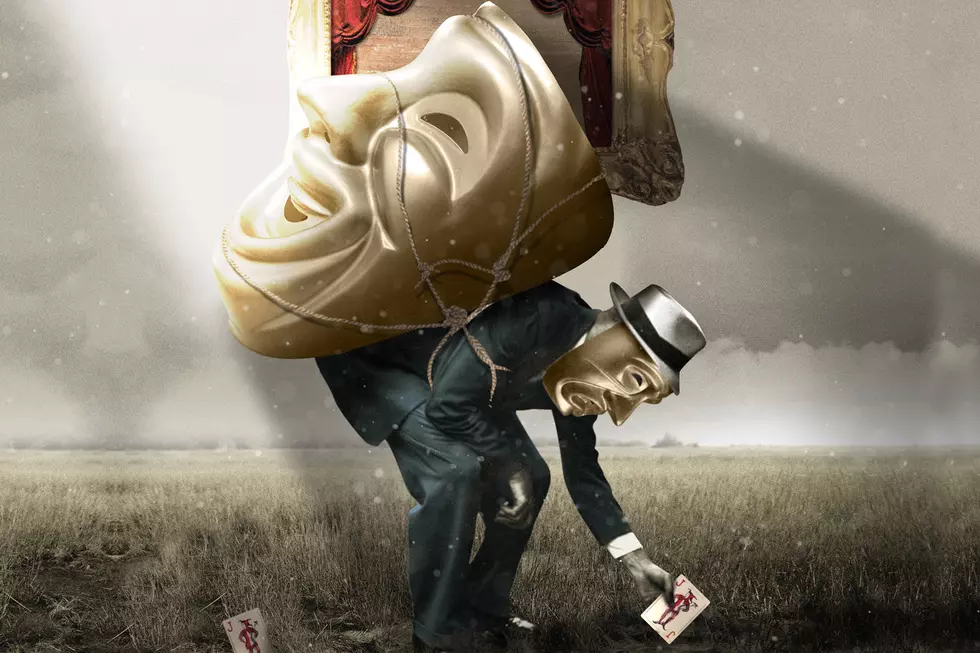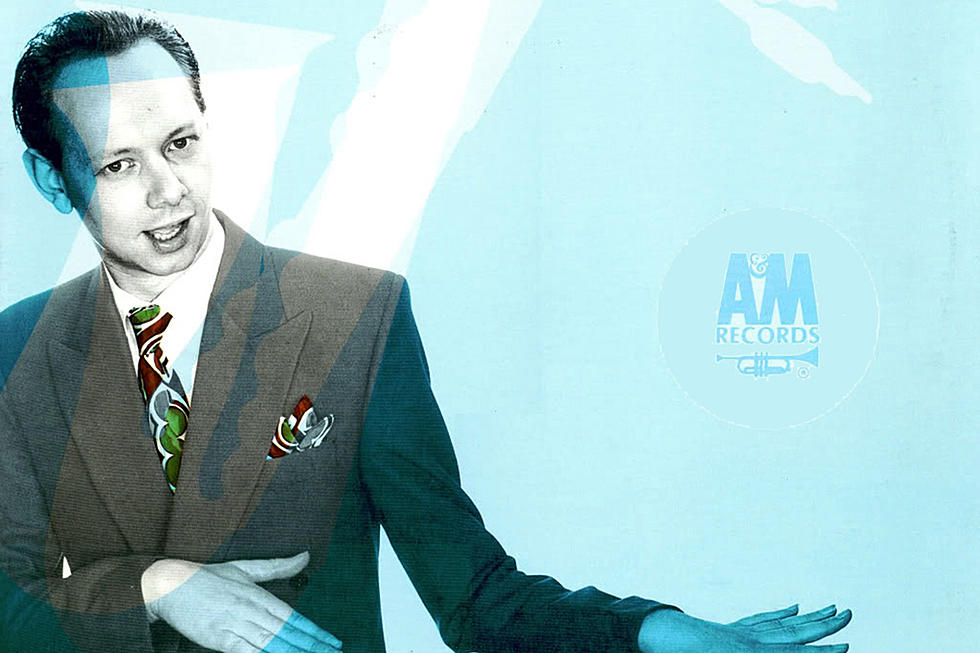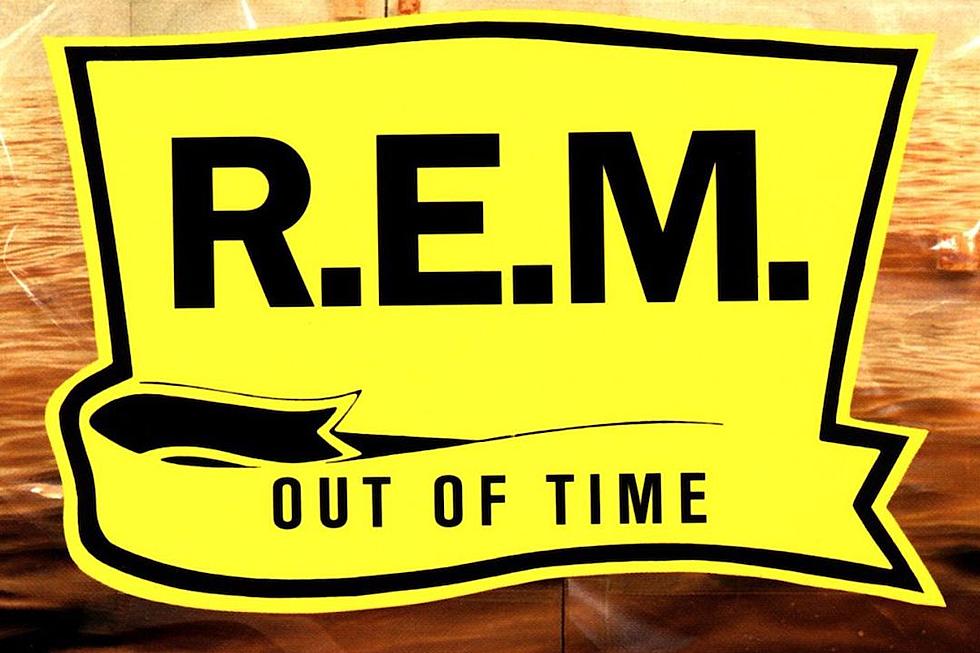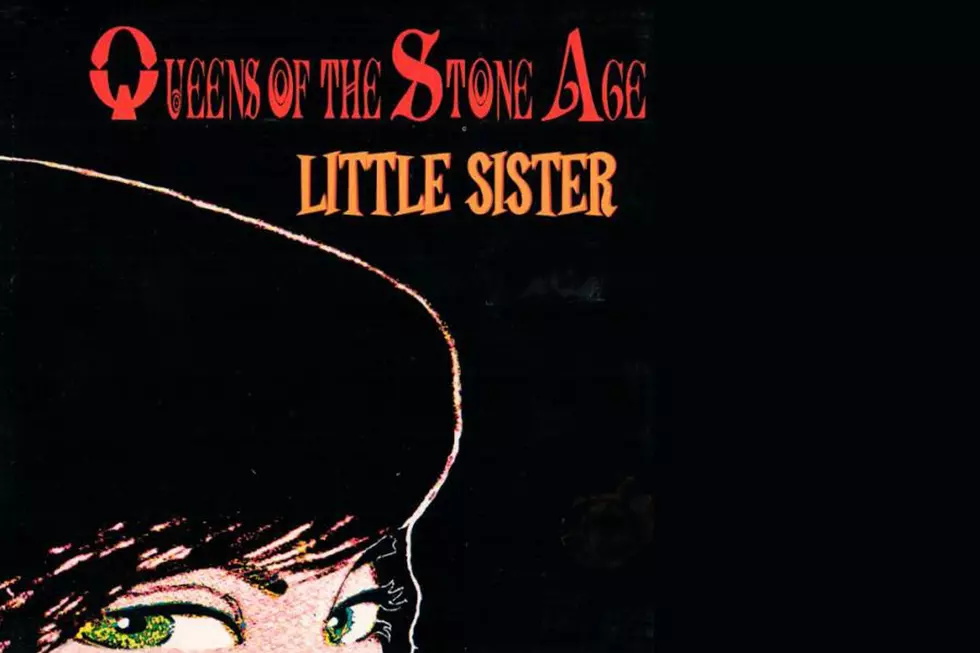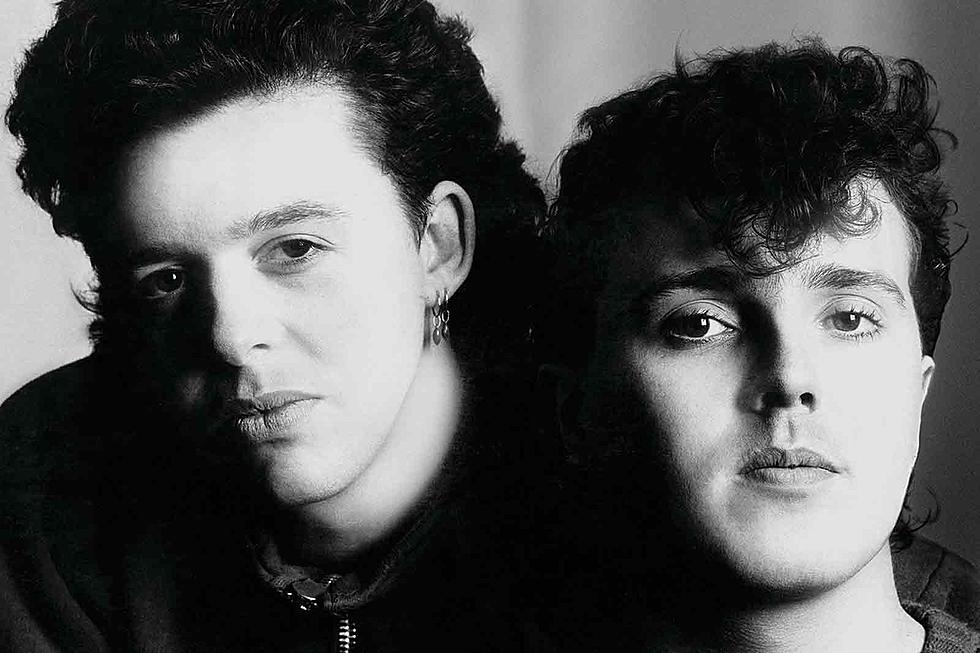35 Years Ago: Joe Jackson Reinvents Himself on ‘Night and Day’
With his fifth album, Night and Day, Joe Jackson managed to reinvent himself in a manner that made him more successful than ever, a feat few rockers have managed. But in the process of reinvention, Jackson just might have been finding himself for the first time.
By 1982, Joe Jackson was feeling like he'd painted himself into a corner. He'd made three potent albums blending edgy, angular new wave with hook-heavy power pop, largely abandoning the piano he'd been schooled on to front a guitar-based band. That's how he took his place in the late-'70s' holy trinity of Angry Young Men on the U.K. new wave scene alongside Graham Parker and Elvis Costello, finding fame on both sides of the Atlantic.
But he was getting bored, and his guitar-rock endeavors were reaping diminishing returns. His liner notes for 1980's Beat Crazy read, "This album represents a desperate attempt to make some sense of rock and roll. Deep in our hearts, we knew it was doomed to failure. The question remains: Why did we try?" And the record was his first to produce no hit singles in either the U.S. or U.K.
Jackson found a brief respite with his 1981 busman's holiday Jumpin' Jive, a brass-heavy album of swinging '30s/'40s jump blues covers. But even though Joe had a blast (and predated the swing revival by about a decade and a half), it was a temporary solution—a one-off, not the kind of thing you could base a career on.
But by this time, Jackson had moved to New York, and in his search for next project, he kept an ear close to the ground, trying to soak up sounds that moved him. Inspiration came in the form of the Latin music that called upper Manhattan its headquarters but seeped out all across the rest of the city. Inspired by salsa's syncopated, polyrhythmic grooves and percussive piano parts, Jackson began thinking about how to incorporate them into his own work.
At the same time, he became more captivated than ever by the old-school cosmopolitan songwriting ideal exemplified by the likes of Great American Songbook avatars George & Ira Gershwin and Irving Berlin. So Tin Pan Alley sensibilities began finding their way into Jackson's songwriting process too.
On the way to working out his new sound, Jackson also decided to definitively jettison most of his band. His first three albums were made with bassist Graham Maby, guitarist Gary Sanford, and drummer Dave Houghton, though only Maby made it to Jumpin' Jive. But now Jackson determined to leave those links to his past, and to straight-ahead rock, behind him for the foreseeable future. His new songs would drop the guitar completely, letting keyboards and percussion come to the fore instead, for a bold new style that challenged the guitar's rock/pop hegemony while standing apart from the blossoming synth-pop scene.
Jackson's new band retained Maby (who would accompany Jackson through pretty much every phase of his mercurial career), but all the rest were new arrivals. He brought in percussionist Sue Hadjopoulos, and drummer Larry Tolfree to handle the rhythms, and surrounded himself with an arsenal of keyboards including acoustic and electric pianos, organ, and synthesizers. When he took his new songs out on the road, he enlisted two other keyboardists, Ed Roynesdal (who guested on violin on the album) and Joy Askew, so he could be an unfettered frontman.
The album plays out as an aural account of Jackson's perambulations through New York City. Songs flow directly into each other as we follow the quintessential Englishman in New York from the salsa-soaked Harlem hotspots all the way down through Chinatown and wherever else the journey might lead.
A cavalcade of Latin percussion kicks off the album on the intro to "Another World," as xylophone and salsa-tinged piano riffs frame Jackson's simple-but-transcendent lyrics for a simultaneously dreamy and visceral feel. This gives way to the eerie, mysterious atmosphere of "Chinatown," detailing a search for an undefined sort of sustenance.
Latin syncopation meets urgent, new wave-inflected herky-jerky riffs on "TV Age," a takedown of isolationist couch-potato culture featuring an unexpectedly Steely Dan-ish turn in its bridge, complete with some sax licks from Jackson. The neurasthenic vibe soon shifts to pure urban paranoia on "Target," the most overtly salsa-sounding track, with Jackson unloading his fears about walking the streets of a dangerous city atop an infectious piano montuno punctuated by a splashy organ solo.
"Steppin' Out," the closest thing to a conventional pop song with a straight-ahead 4/4 groove, is a simple but gorgeous, uncharacteristically romantic moment for Jackson. With its pointillist piano and xylophone lines and impressionistic aura it feels as much like Jackson's love song to the New York City skyline as an ode to an objet du desir, and it gave Jackson the biggest hit of his career.
"Breaking Us in Two," which became another hit for Jackson, is a similarly poignant piece of romantic pop, but this time the tale is told from a more melancholy perspective. Jackson chronicles the unraveling of a love affair, and adds a moving, melodic synth solo to top it off. But this reverie is quickly supplanted by a return to the pairing of Latin piano and urban paranoia as Jackson satirically skewers the scare tactics of contemporary health consciousness with the tag line "Everything gives you cancer."
Things slow down for the its final two tracks. "Real Men" was released as the record's third single, but considering the subject matter its failure to chart isn't surprising. Jackson, who talked of his bisexuality in his 1999 memoir, A Cure for Gravity, had written songs before that challenged the traditional modes of male behavior, but this elegant, piano-led ballad sans percussion overtly addressed sexual identity politics, touching on the clichés and contradictions inherent on both sides of the gay/straight divide and despairing at the difficulties in finding one's own way amid the confusing mass of gender miscues. Of course, anyone realistically expecting that a single featuring the line "Don't call me a f-----, not unless you are a friend" was radio-bound, especially in 1982, was operating under another type of confusion altogether.
The album closes with sophisticated, swelling drama on the waltz-time "A Slow Song," a plea for softness and subtlety in a world that's way too loud. Jackson longs for "a strong and silent sound / To pick me up and undress me / Lay me down and caress me," seeing the cessation of aural assault as the only road to real human interaction, declaring, "I want to get near you / But I can't even hear you." For a few precious moments he creates the kind of world he seeks.
As for the world Jackson created on the rest of the album, it opened new doors for him both artistically and career-wise, and brought a new brand of pop to the public in the process. And even if it remained the high-water mark in his long career, Night and Day would have been a peak point no matter whose discography it graced.
25 Bands You Won't Believe Aren't in the Rock and Roll Hall of Fame Yet
More From Diffuser.fm
